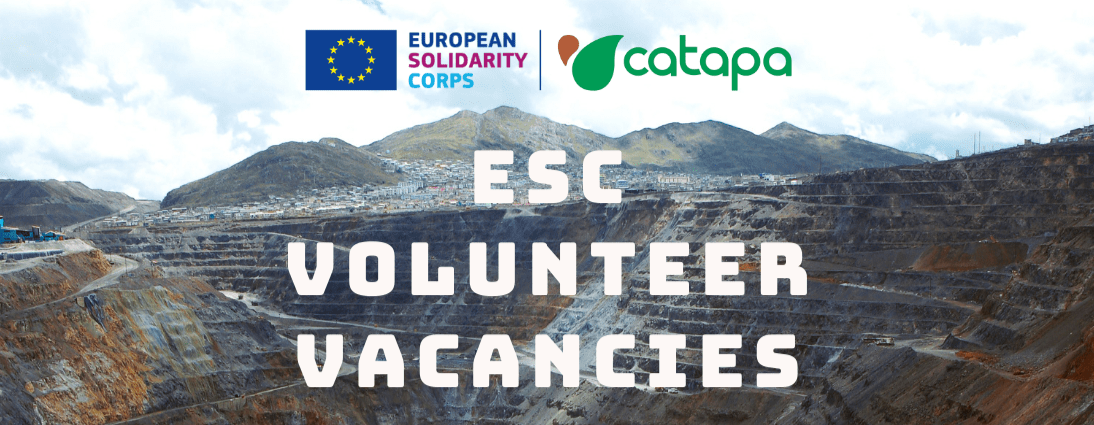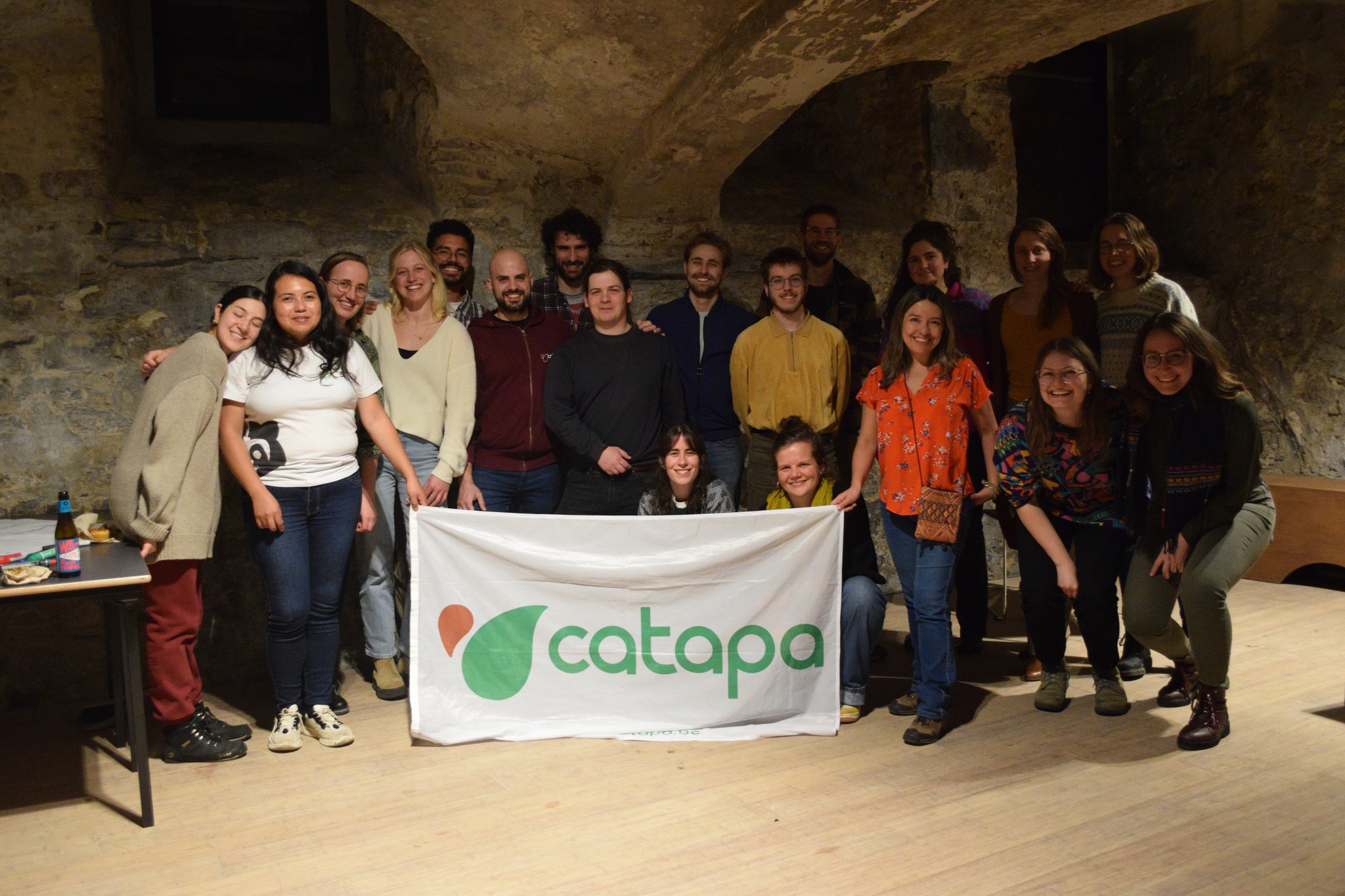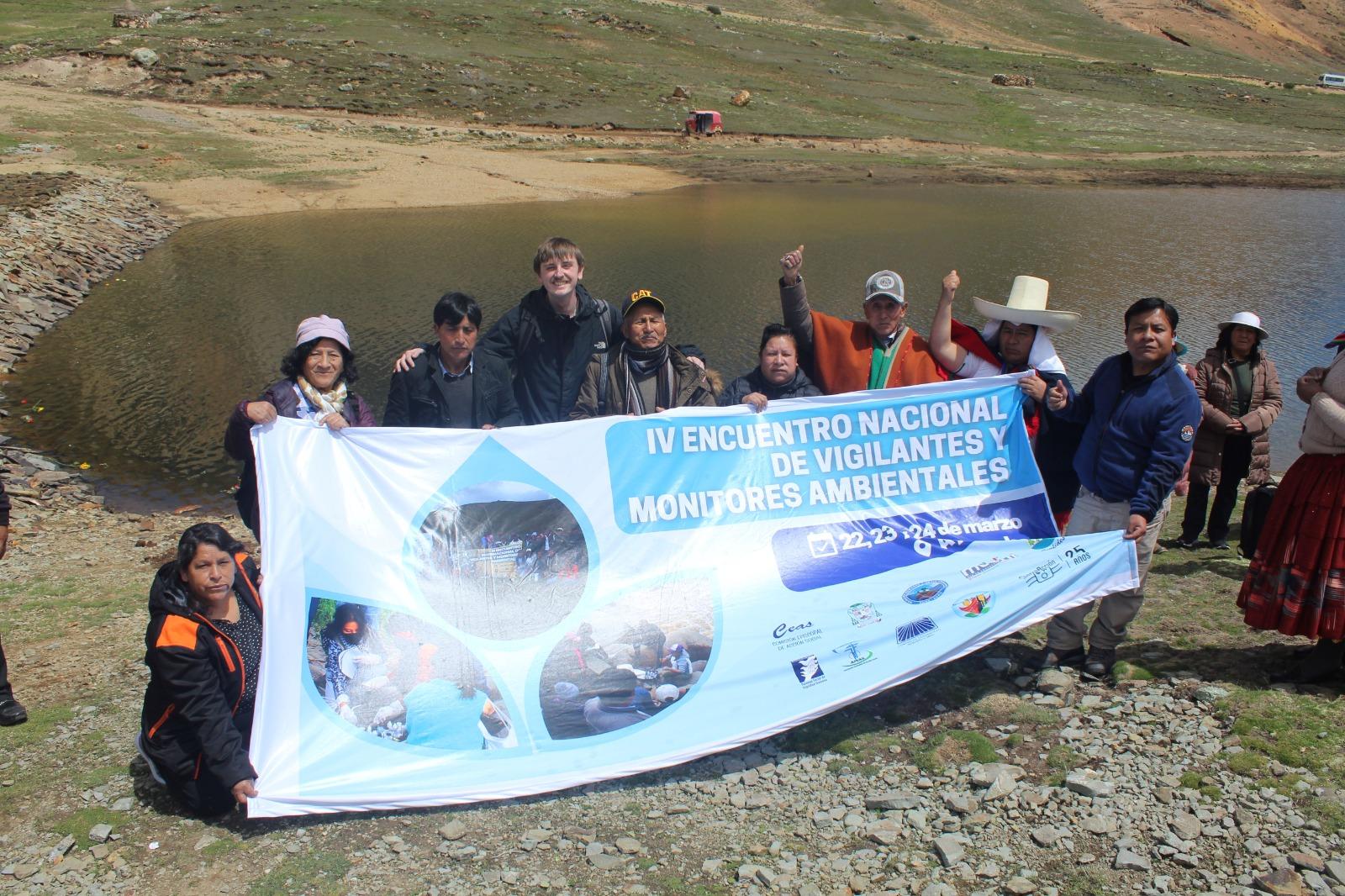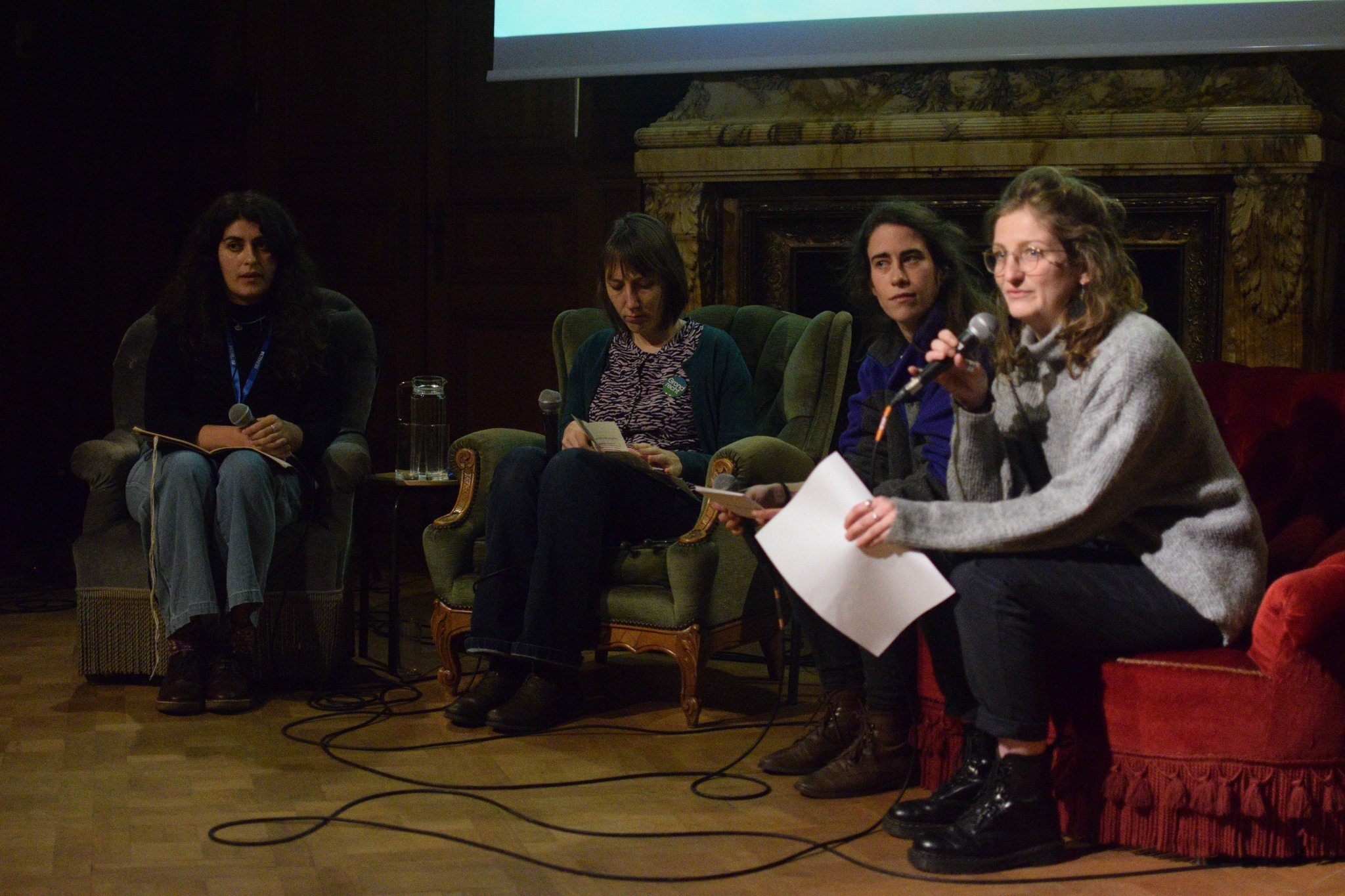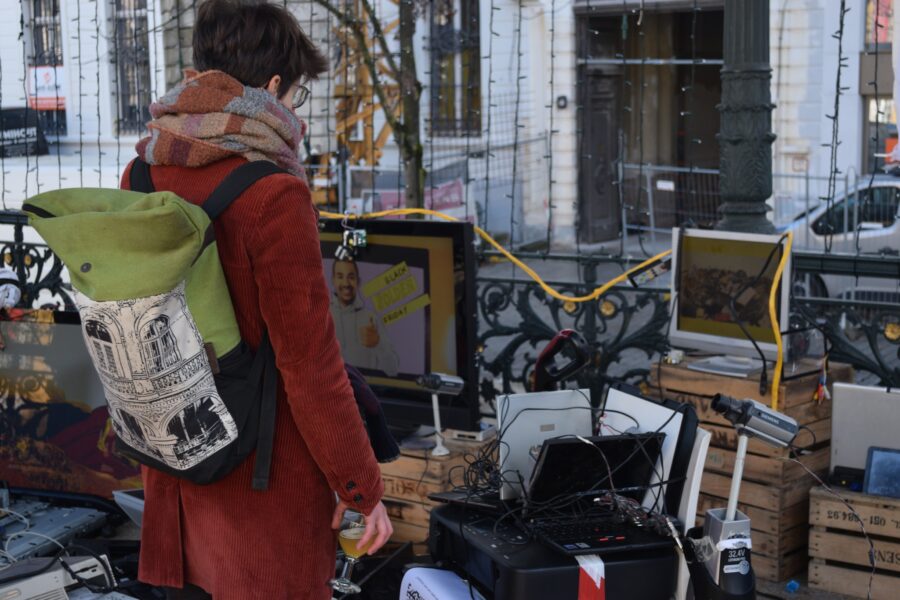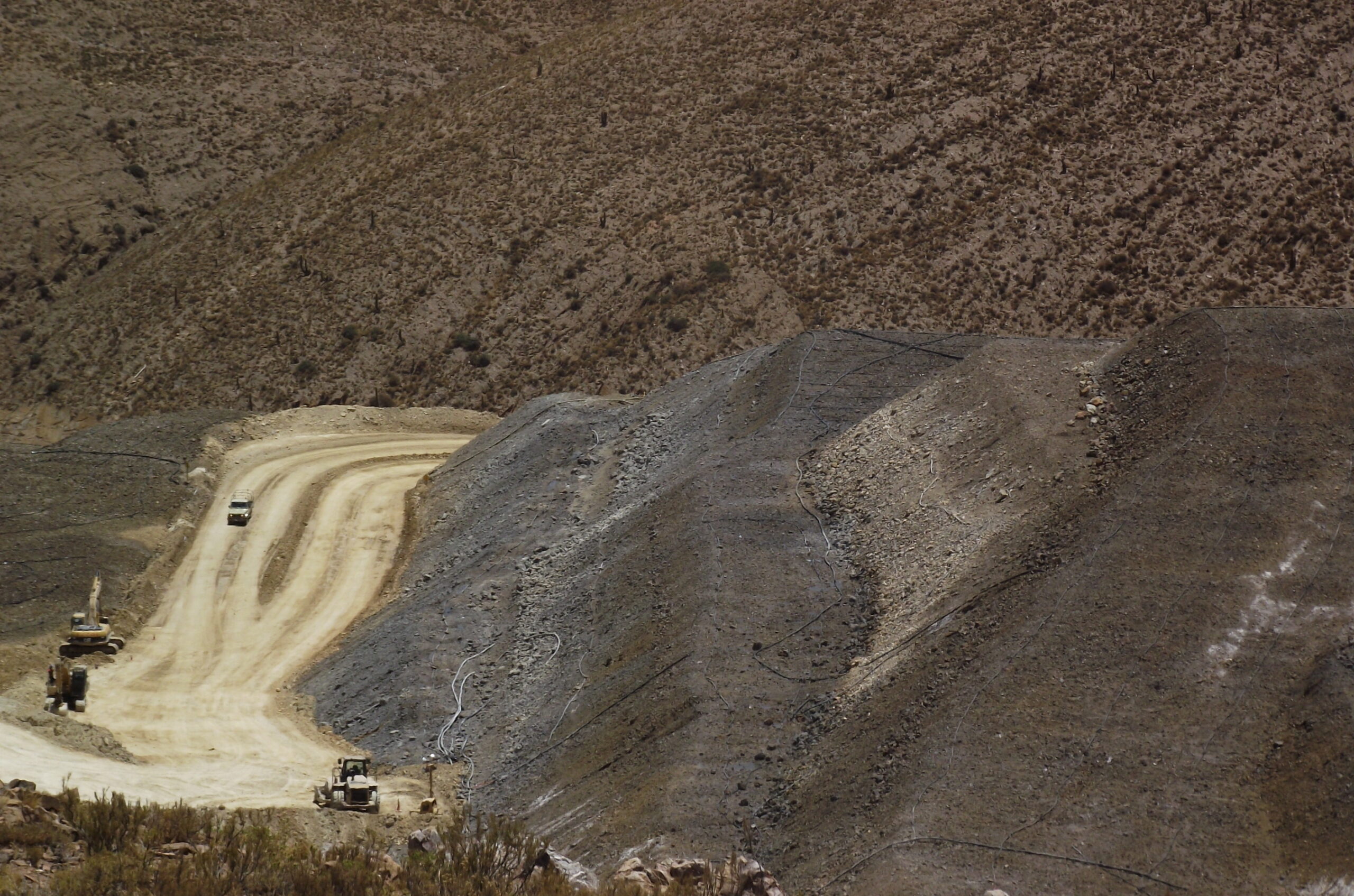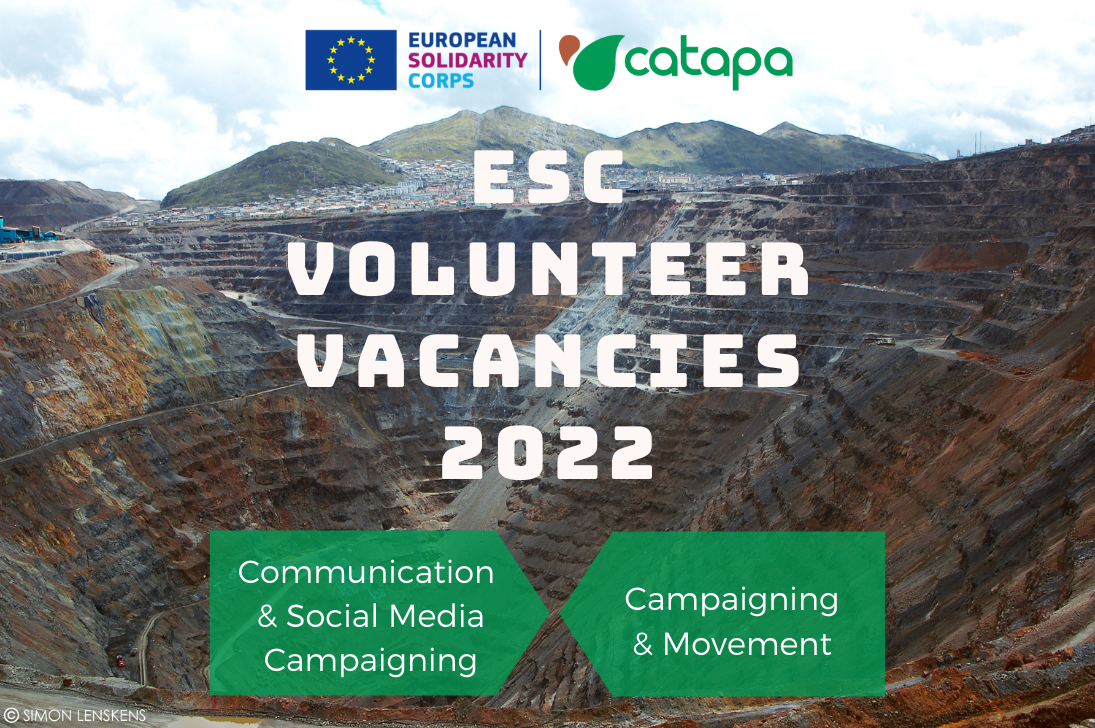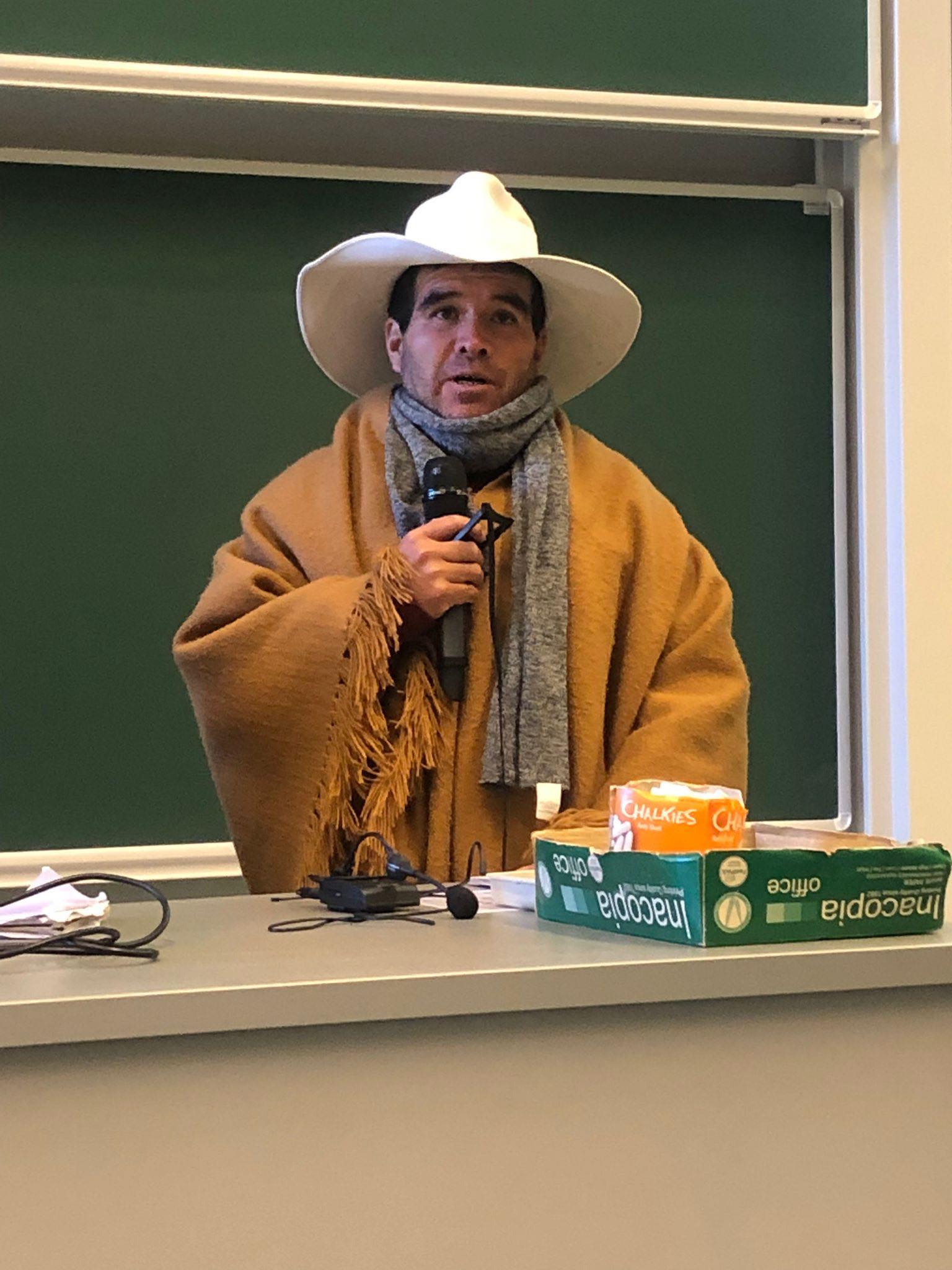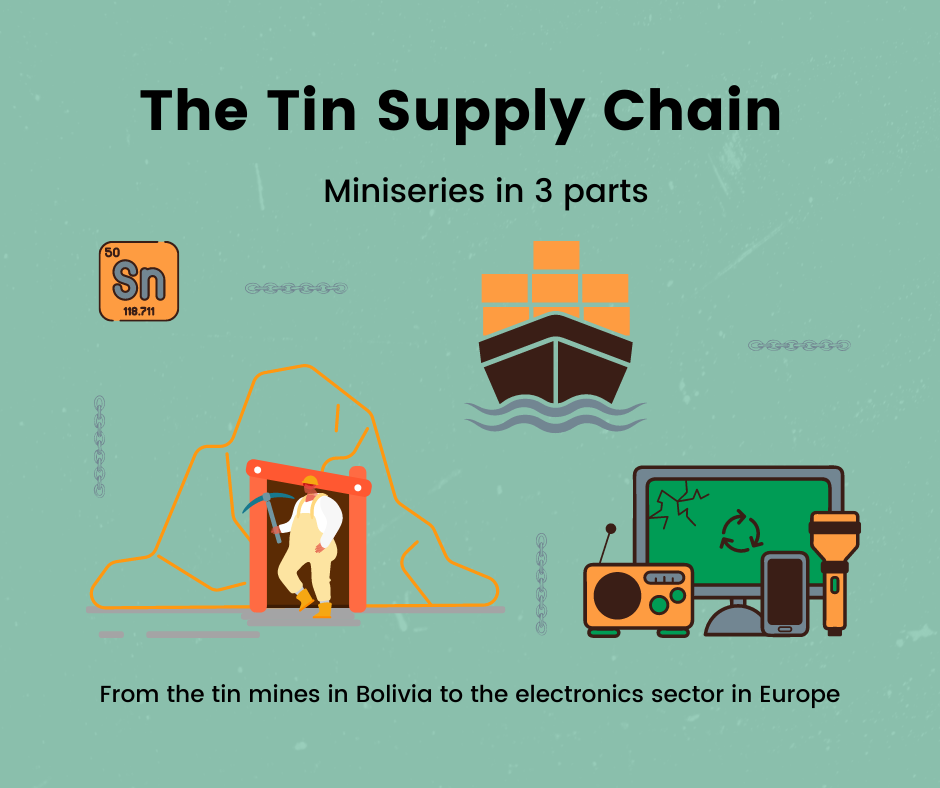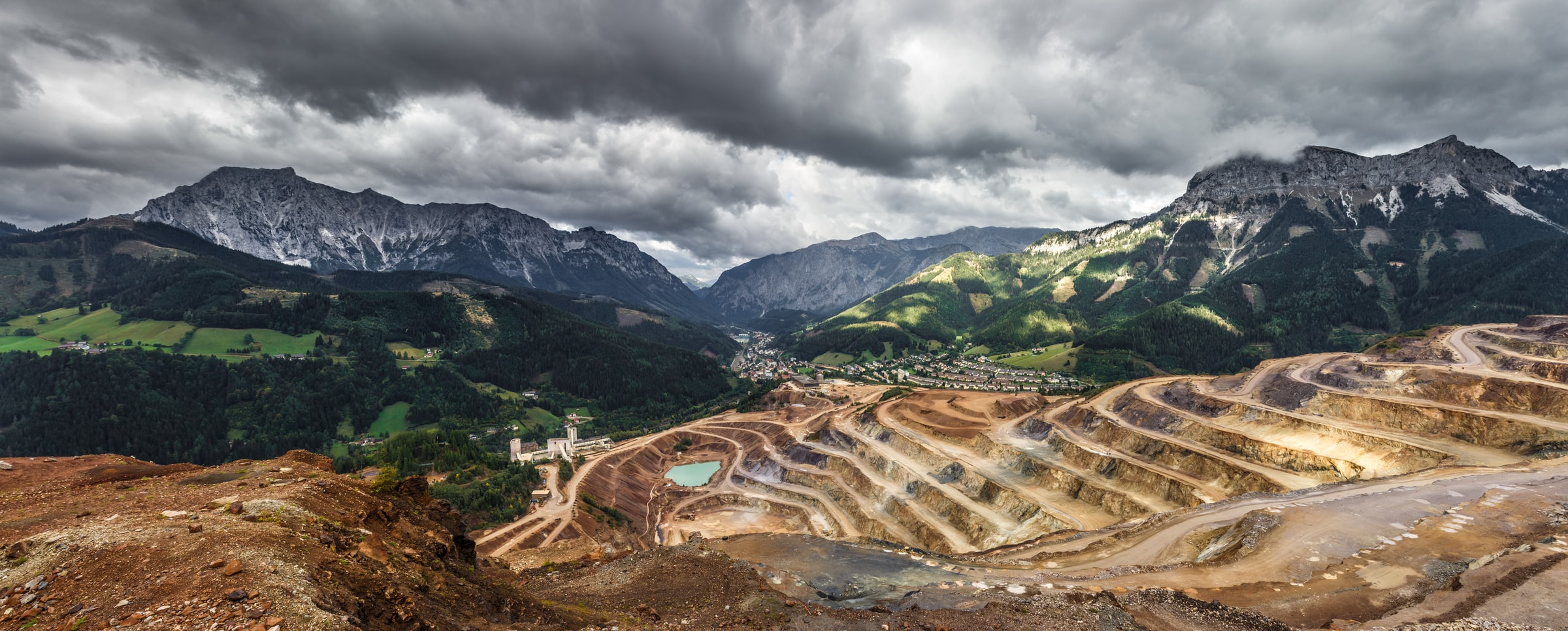ESC Volunteer Vacancies 2023 – call closed
ESC Volunteer Vacancies 2023 - call closed since 23/07/23
The deadline for this call has passed the 23rd of July 2023 at 23h59. If you are selected for the interviews you will be contacted in the beginning of August. Please try to minimize questions, as there are a lot of interested volunteers. If you still have an urgent remark or question you can contact the relevant Catapista for the volunteering position you applied to:
- Campaign and Movement: frauke.decoodt@catapa.be
- Partners and Networks: karlijn.vandenbroeck@catapa.be
- Communication & Social Media Campaigning: simon.berlo@catapa.be
If you want to learn more about CATAPA, feel free to browse our website.
Call overview:
Campaigning & Movement
Partners & Networks
Communication & Social Media Campaigning
About CATAPA
CATAPA is a movement which strives for a world in which the extraction of non-renewable resources is no longer necessary. The extraction of such materials always entails major social and environmental impacts and fuels conflict. In working towards global social and environmental justice, we focus on mining issues (ecological disasters, human rights violations, etc.). In Ecuador, Bolivia, Peru and Colombia we work together with grassroots movements and support local communities who are threatened by large-scale mining projects.
Our main activities are:
- Campaigning on the impact of mining and sustainable production of electronics in Flanders.
- Supporting partners and local communities in Latin America that are threatened by large-scale mining projects.
- Creating a movement around sustainable production and consumption of metals.
- Networking, research & stimulating alternatives.
CATAPA is dependent on the work of volunteers – the Catapistas – and a small staff team.
Our campaigns
The Right to Say No – Mining activities cause devastating environmental impacts and human rights violations across the globe. CATAPA is campaigning on the Right to Say No. Communities opposing extractive projects face severe repression and human rights violations. A just transition requires local communities having the decisive say over extractive projects within their territories.
CTRL ALT DEL – Stop Planned Obsolescence – Our current linear model of consumption and production is a driving cause of the climate crisis. In this “throwaway” model, electronic products are designed to make repair difficult or unfeasible with limited life spans. This is planned obsolescence. The infinite supply of electronics is at odds with planetary boundaries. We cannot continue extracting more and more metals and minerals. Through our (mainly Dutch) Ctrl Alt Delete: Stop Planned Obsolescence campaign we are activating Flemish civilians to advocate for strict regulations to ensure electronic products are eco-designed, repairable, and made to last.
Our main campaigning activities are:
- Raising awareness of the broader public: (social media) campaigns, educational activities, public actions, …;
- Searching and supporting solutions & alternatives;
- Collaboration & networking with other organisations that focus on mining issues, Degrowth and Circular Economy;
- Advocating for an end to planned obsolescence via our Ctrl Alt Delete campaign;
- Collaboration with grassroot organisations in Latin America, defending the rights of affected communities via our campaign on the Right to Say No to mining.
Who are we looking for?
We are looking for an ESC (European Solidarity Corps) volunteer to support the CATAPA movement, and in particular the communication within the campaigns on the Right to Say No and Planned Obsolescence. You will be working alongside our communications officer. The volunteer will be trained to think critically and spread knowledge of these issues and to encourage other young people to become active EU citizens. The tasks are flexible depending on your learning goals and the needs of the organisation.
You will be part of our office team (5 part-time staff + 3 ESC volunteers + variable number of interns) which supports the work of the movement. Since CATAPA is a volunteer movement, you will be working in close collaboration with volunteers with a diverse and broad experience.
Possible tasks and requirements
Click on the volunteer opportunity of your preference below to learn more about the possible tasks and requirements.
Possible tasks
- Help organise movement activities such as the movement weekend in spring or movement days
- Help follow-up the engagement of volunteers in CATAPA.
- Help with setting up awareness raising and training activities for a variety of target groups (training or movement days/weekends, documentary screenings, workshops, info evenings, public actions, …).
- Participate in / and coordinate working groups (Study and Lobby, Communications, Ctrl-Alt-Del campaign)
- Helping with the development and implementation of the campaign strategy, communication and tools for the two campaigns
- Help out with organising our Speakers Tour, bringing environmental defenders from affected communities to Belgium to spread their story and build international solidarity.
- Some administrative tasks related to the daily functioning of our office with the possibility to get an insight in the management of a non-profit organisation.
- Write, revise and proofread articles, blogs, educational tools and reports.
- Possibility to develop and implement your own projects.
Requirements
Essential:
- Motivated to work with volunteers
- Motivated to motivate others
- Interest in learning about the social and environmental movement and mining issues
- Good command of English
- Independent, proactive worker
- Good communication skills
- Willing to contribute to positive change in the world we live in
- Team player with a flexible attitude
- Willingness to travel through Flanders and to Brussels
- Age below 31 years, no residence in Belgium (this is a requirement of the ESC programme)
- Agreeing with a flexible work schedule where you sometimes will work in the evening or in weekends since events and meetings often take place in the free time of the attendees and our volunteers
- Ability to learn on the job and DIY spirit
Nice to have:
- Knowledge/experience on or interest to learn about:
- Implementation and coordination of campaigns
- Development of campaign strategy
- Organising educational or training events and tools
- Project writing and management
- Volunteer engagement
- Advocacy and networking
- Activist and movement organising
- Circular and degrowth economy, environmental movements and/or social movements
- Knowledge of Dutch and/or Spanish
Possible tasks
- Participate in the follow-up of our partners in the Andes region through online meetings
- Engaging in networks on social and ecological justice and defending our partners demands in these networks
- Help looking for funds and campaign opportunities for our partners
- Proofreading and contributing to fund applications and reporting of our partners
- Helping with the development and actions of the Right To Say No campaign
- Actively participating and supporting the CATAPA working groups “partner work, ” “right to say no” and “study and lobby”.
- Help out with organising our yearly Speaker Tour, bringing environmental defenders from affected communities to Belgium to spread their story and build international solidarity.
- Write, revise and proofread articles, blogs, educational tools and reports.
- Support communication from and with partners in Latin America
- Some administrative tasks related to the daily functioning of our office with the possibility to get an insight in the management of a non-profit organisation.
- Possibility to develop and implement your own projects.
Requirements
Essential:
- Motivated to work with volunteers
- Interest in learning about the social and environmental movement and mining issues
- Good command of English
- Independent, proactive worker
- Good communication skills
- Willing to contribute to positive change in the world we live in
- Team player with a flexible attitude
- Age below 31 years, no residence in Belgium (this is a requirement of the ESC programme)
- Agreeing with a flexible work schedule where you sometimes will work in the evening or in weekends since events and meetings often take place in the free time of the attendees and our volunteers
Nice to have:
- Knowledge about/experience in or interest to learn about:
- International Cooperation and Human Rights
- Fundraising
- Project writing and management
- Organising educational or training events
- Advocacy and networking
- Volunteer engagement
- Circular and degrowth economy, environmental movements and/or social movements
- Latin-American politics
- Knowledge of Dutch and/or Spanish
- Volunteering experience
Possible tasks
- Contribute in managing our social media channels and create content for those channels (Facebook, Instagram, Twitter, LinkedIn). We mainly communicate in Dutch, but also regularly in English and Spanish.
- Help with the communication and promotion for events.
- Assist with the social media aspects of our central campaigns.
- Help in keeping our website updated.
- Write, review and proofread articles.
- Create low-threshold graphic design (for example for a poster, a flyer or for a social media post).
- Build and support the Communication Working group of volunteers with the help of the movement and communication officers.
- Support communication from and with partners in Latin America
- Help out with organizing our annual Speakers Tour, bringing environmental defenders from affected communities to Belgium to spread their story and build international solidarity.
- Some administrative tasks related to the daily functioning of our office with the possibility to get an insight in the management of a non-profit organisation.
- Possibility to develop and implement your own projects.
Requirements
Essential:
- Interested in learning about the social and environmental movement and mining issues
- Good knowledge of English (written and oral)
- Independent, proactive worker
- Motivated to work with volunteers
- Good communication skills
- Willing to contribute to positive change in the world we live in
- Team player with a flexible attitude
- Age below 31 years, no residence in Belgium (this is a requirement of the ESC programme).
- Agreeing with a flexible work schedule where you sometimes will work in the evening or in weekends since events and meetings often take place in the free time of the attendees and our volunteers
Nice to have:
- Knowledge/experience on or interest to learn about:
- Communication strategies and campaigns
- Design and layouting
- Circular and degrowth economy, environmental movements and/or social movements
- Volunteer engagement
- Managing social media and websites
- Knowledge of Dutch and/or Spanish
- Movie editing skills
- Ability to work with a camera
- Volunteering experience
What do we offer?
- A warm welcome in our horizontally organized movement with plenty of learning opportunities and new connections
- A dynamic & motivated team of employees and volunteers
- Monthly fee: cohousing accommodation of your choice (with a max. rent contribution of € 450) and a reimbursement to cover daily expenses of € 550.
- A personal learning trajectory coached by one of CATAPA’s employees, one language course (Dutch, English or Spanish) and options to follow trainings to develop your personal skills.
- Work-related expenses are paid by CATAPA
- Volunteering contract: 4 working days/week (30 hours)
- Starting date: 4 September 2023
- Period: 12 months
CATAPA is committed to diversity, inclusiveness and equal opportunity.
Important: This call is part of the European Solidarity Corps, a European Union initiative which creates opportunities for young people to volunteer in projects abroad. This means people based in Belgium can’t apply for this vacancy. If your current residence is in one of the countries in this list, then you are able to apply.




